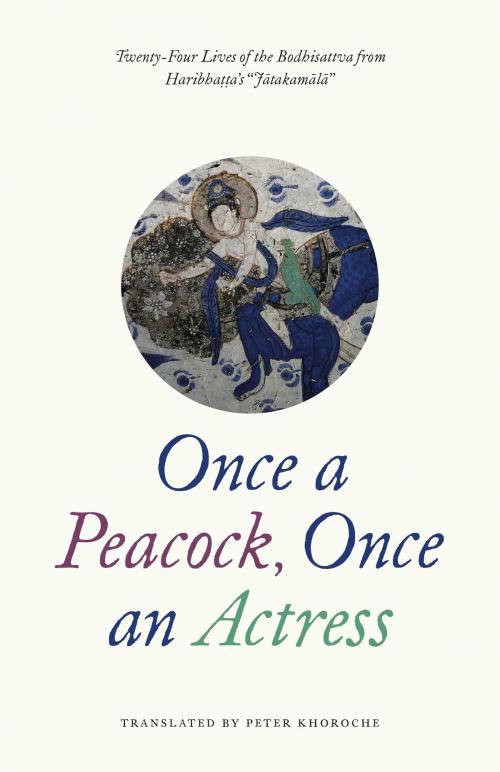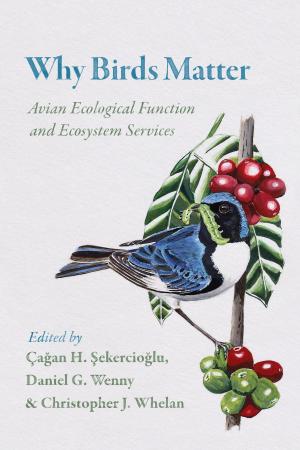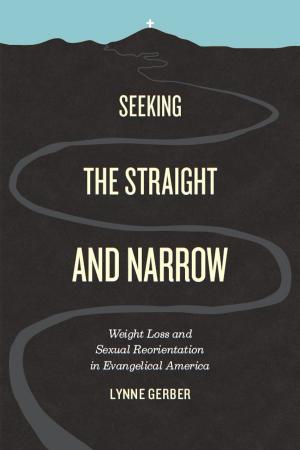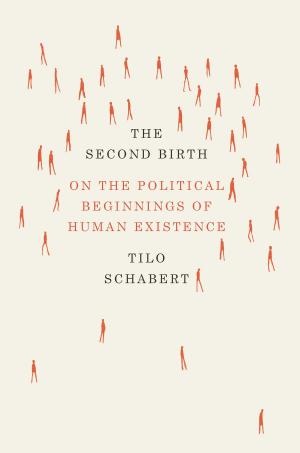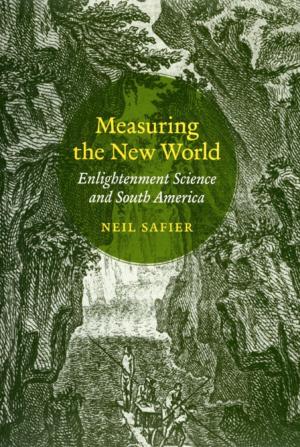Once a Peacock, Once an Actress
Twenty-Four Lives of the Bodhisattva from Haribhatta's "Jatakamala"
Nonfiction, Religion & Spirituality, Eastern Religions, Buddhism, Fiction & Literature, Classics| Author: | Haribhatta | ISBN: | 9780226486017 |
| Publisher: | University of Chicago Press | Publication: | August 30, 2017 |
| Imprint: | University of Chicago Press | Language: | English |
| Author: | Haribhatta |
| ISBN: | 9780226486017 |
| Publisher: | University of Chicago Press |
| Publication: | August 30, 2017 |
| Imprint: | University of Chicago Press |
| Language: | English |
Written in Kashmir around 400 CE, Haribhatta’s Jåtakamåla is a remarkable example of classical Sanskrit literature in a mixture of prose and verse that for centuries was known only in its Tibetan translation. But between 1973 and 2004 a large portion of the Sanskrit original was rediscovered in a number of anonymous manuscripts. With this volume Peter Khoroche offers the most complete translation to date, making almost 80 percent of the work available in English.
Haribhatta’s Jåtakamålå is a sophisticated and personal adaptation of popular stories, mostly non-Buddhist in origin, all illustrating the future Buddha’s single-minded devotion to the good of all creatures, and his desire, no matter what his incarnation—man, woman, peacock, elephant, merchant, or king—to assist others on the path to nirvana. Haribhatta’s insight into human and animal behavior, his astonishing eye for the details of landscape, and his fine descriptive powers together make this a unique record of everyday life in ancient India as well as a powerful statement of Buddhist ethics. This translation will be a landmark in the study of Buddhism and of the culture of ancient India.
Written in Kashmir around 400 CE, Haribhatta’s Jåtakamåla is a remarkable example of classical Sanskrit literature in a mixture of prose and verse that for centuries was known only in its Tibetan translation. But between 1973 and 2004 a large portion of the Sanskrit original was rediscovered in a number of anonymous manuscripts. With this volume Peter Khoroche offers the most complete translation to date, making almost 80 percent of the work available in English.
Haribhatta’s Jåtakamålå is a sophisticated and personal adaptation of popular stories, mostly non-Buddhist in origin, all illustrating the future Buddha’s single-minded devotion to the good of all creatures, and his desire, no matter what his incarnation—man, woman, peacock, elephant, merchant, or king—to assist others on the path to nirvana. Haribhatta’s insight into human and animal behavior, his astonishing eye for the details of landscape, and his fine descriptive powers together make this a unique record of everyday life in ancient India as well as a powerful statement of Buddhist ethics. This translation will be a landmark in the study of Buddhism and of the culture of ancient India.
